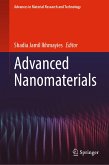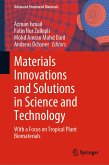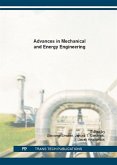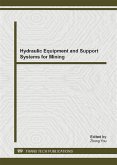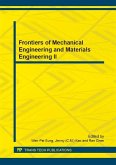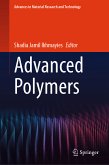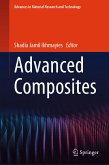Chapter 5 covers static deformation, including hardness and brittle behavior, while Chapter 6 explains the phenomenon of work hardening and its relationship to dislocations in the material. Chapter 7 introduces time-dependent deformation, specifically creep, which is influenced by temperature. Fracture, a common mode of failure in semiconductors, is discussed in Chapter 8, with an emphasis on stress rupture and the inability to carry an applied load. Chapter 9 addresses the unique mechanical behavior of small size semiconductor specimens in the nano scale. Finally, Chapter 10 explores the environmental effects on the mechanical properties of semiconductors.
Overall, this book provides a comprehensive and detailed understanding of the mechanical behavior of some elemental, binary and ternary semiconductors, which is crucial for developing and designing semiconductor-based technologies.
Dieser Download kann aus rechtlichen Gründen nur mit Rechnungsadresse in A, B, BG, CY, CZ, D, DK, EW, E, FIN, F, GR, HR, H, IRL, I, LT, L, LR, M, NL, PL, P, R, S, SLO, SK ausgeliefert werden.



